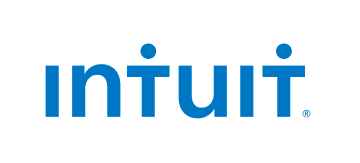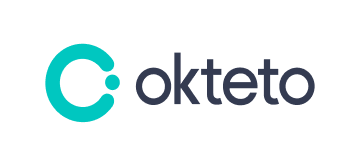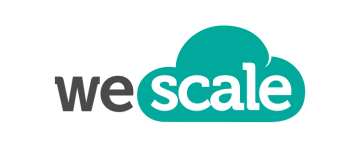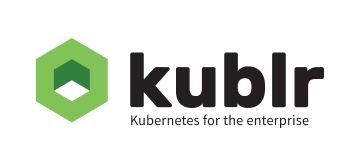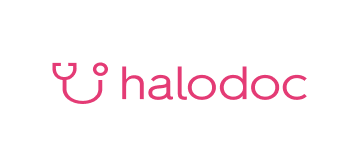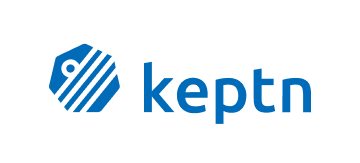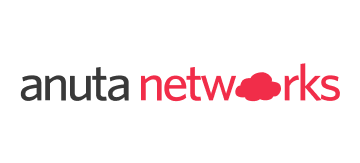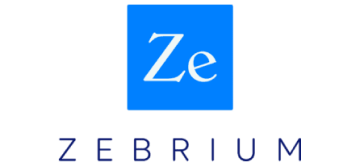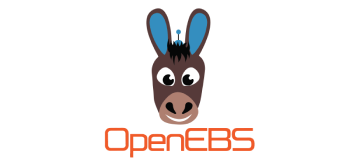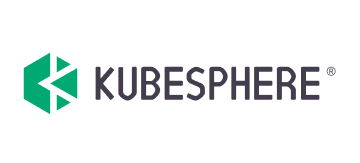Get involved with community!
This is the starting point for joining and contributing to the LitmusChaos community - improving docs, improving code, discussing new features and use cases etc. For all collaboration and communication going on in all LitmusChaos projects, please read and follow our Code of Conduct.
Join Slack Channel
For live conversation and quick questions, join the Litmus Slack workspace. Don’t forget to say hi!
Join Slack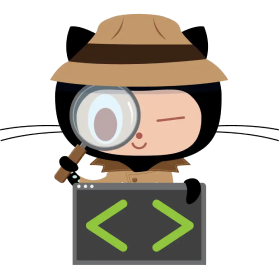
Contributing to Github
Community members can contribute chaos experiments, file issues, raise pull requests, and provide feedback to help enhance the user experience and bring in new enhancements to developLitmusChaos.
Check out the CONTRIBUTING.md page on Litmus repository for instructions on how to contribute.
About Contriuting on GithubMeetups and sync ups
Want real-time, live conversation with LitmusChaos maintainers and contributors? Join our community meetings.
Explore EventsBlog
Join us in writing blogs about experiments, features, and your experience. Use the #litmuschaos tag for your blog to get featured.
View BlogChaos Engineering made easy
Litmus is highly extensible and integrates with other tools to enable the creation of custom experiments. Kubernetes developers & SREs use Litmus to manage chaos in a declarative manner and find weaknesses in their applications and infrastructure.
Get started with Litmus